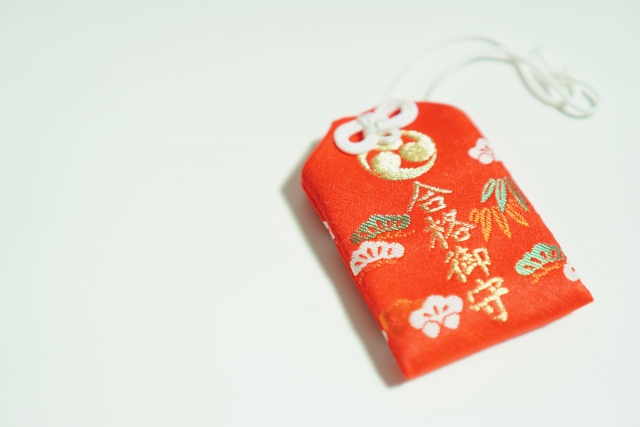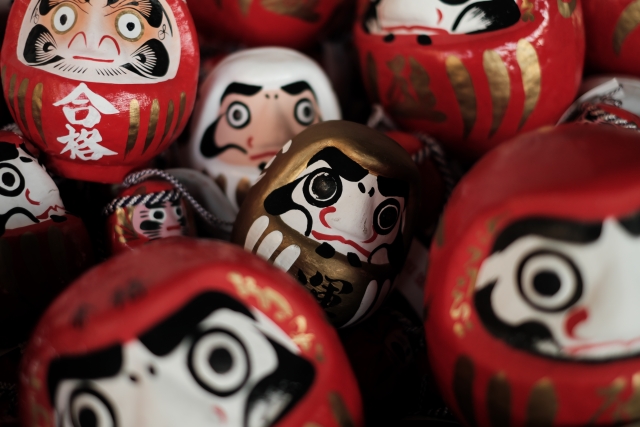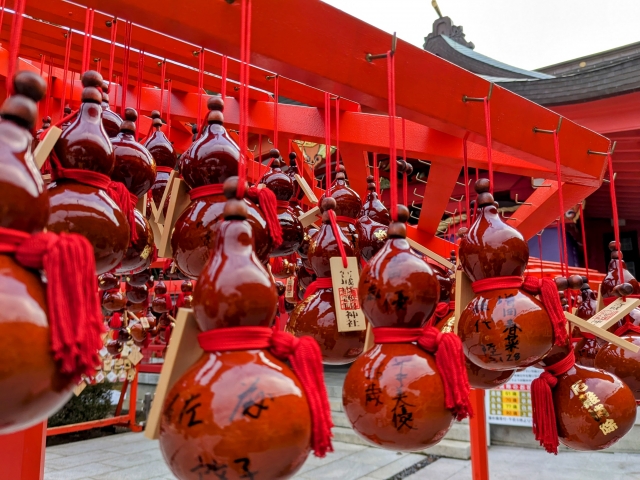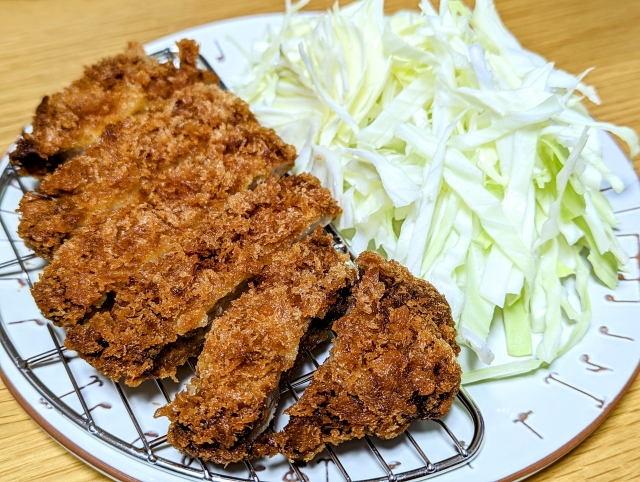Do you have the concept of engi in your country?
In Japan, we value the concept of karma so much that if you come to Japan from a country that does not have the concept of karma, you may encounter a situation where you say, “Why are the Japanese so concerned about such things?”
There are many different ways to “carry the good karma” or “carry the good luck”. In other words, there may be as many as there are people.
Even if you are not consciously aware that you are “carrying a good omen” or “carrying a good omen,” you may naturally do so in your daily life.
In this page, we will look at the meaning, origin, reasons, and examples of genkatsugi.

Click here to learn Japanese language with the best one-on-one Japanese tutoring lessons in online.
Contents
What does “Gen-wo-katugu” mean?
To repeat an action that has yielded good results in the past, with the hope that it will yield good results again.
to repeat the same action with the hope that it will produce good results again.
It also means To think about or worry about whether something trivial is a good omen or a bad omen. is also called “Gen-wo-katugu” (“to do good omens or bad omens”).
There is a similar word “Engi-wo-katugu,” which is closely related to “Gen-wo-katugu.
Let us look at the origin of the word “Gen-wo-katugu”.

What is the origin of “Gen-wo-katugu”?
The expression “Engi-wo-katugu” was used in ancient times to mean “to bring good luck.
It is thought that the word “engi” became “gien,” which was then changed to “gen,” and the kanji for “experience” was applied.
| Expression | Change |
| 縁起を担ぐEngi-wo-katsugu (to bring good luck) | えんぎEngi (to bring good luck) |
| ↓ | ↓ |
| (逆さ言葉) (reversed word) | ぎえん Gien |
| ↓ | ↓ |
| 験を担ぐ Gen-wo-katsugu | げん Gen |
Enki” is a Buddhist term, but when used in general, it means a sign or omen of good or bad things to come.
And “katsugu” is used in the sense of “to be concerned about.
The following expressions are used with regard to Engi.
- Engi ga yoi (e.g., the tea pillar will stand up)
- Engi ga warui
- Engi mono. Auspicious (daruma, manekineko, etc.)
- Engi wo iwau. Celebrate good luck (celebrate and pray for good things)
- Engi naosi. Re-ring-fix (to celebrate again to cancel a bad omen)
- Engi wo katsugu. To bring good luck
The word “Gen” also means “effect” or “efficacy” of training or prayer. Therefore, I think it is understandable that the character “Gen” was applied to the upside-down word for good omen.
And nowadays, the word “Gen” is used in the same way as “Engi wo katsugu = to bring good luck.
In addition, there is a word “jinx” related to “Engi” and “Gen”. It means “an unlucky saying or action,” and originally has a bad connotation.
However, in modern Japan, it is also used to mean good luck.

Why do we do “Gen-wo-katsugu”?
The fallacy of “cause and effect: 前後即因果の誤謬(ごびゅう=誤り)” is often brought up as an explanation for the practice of “shiken”.
This means that when one thing happens after another, it is judged that the later thing happened because of the earlier thing.
The following is an example of the psychology of people when the later matter is either good or bad.
- In the case of a good thing
After doing A, B (good thing) happened.
⇒ If you do A, something good should happen.
- In the case of a bad thing
After the act of A, B (bad thing) happened.
⇒ A should be avoided so that something bad will not happen.

Examples of “Gen-Katsugi” (Engi-katsugi)
Let’s take a look at a few examples of customs we often hear.
- Eating katsudon (pork cutlet on rice) the day before an exam [win: 勝つ].
- Use a pentagonal pencil for the exam [pass: 合格 Go-kaku].
- Face the Buddhist altar every morning and join hands
- Take a morning bath
- Put pickled plums in your tea and drink it
- Always put on your shoes from the right (or left) side
- Wear the lucky color of the day when you go out
- Carry a five-yen coin as a good luck charm [good luck].
- Always enter a building with your right (or left) foot first
- Don’t shave your beard when you are winning a game, etc.
Even though it may seem ineffective to others, if a person thinks it is good luck, it can be said to be a good omen.
What do you think about good luck? Are there any similarities between the Japanese and your country’s lucky omens?
If there are any lucky omens that exist in your country but not in Japan, please let us know.
Related article:










